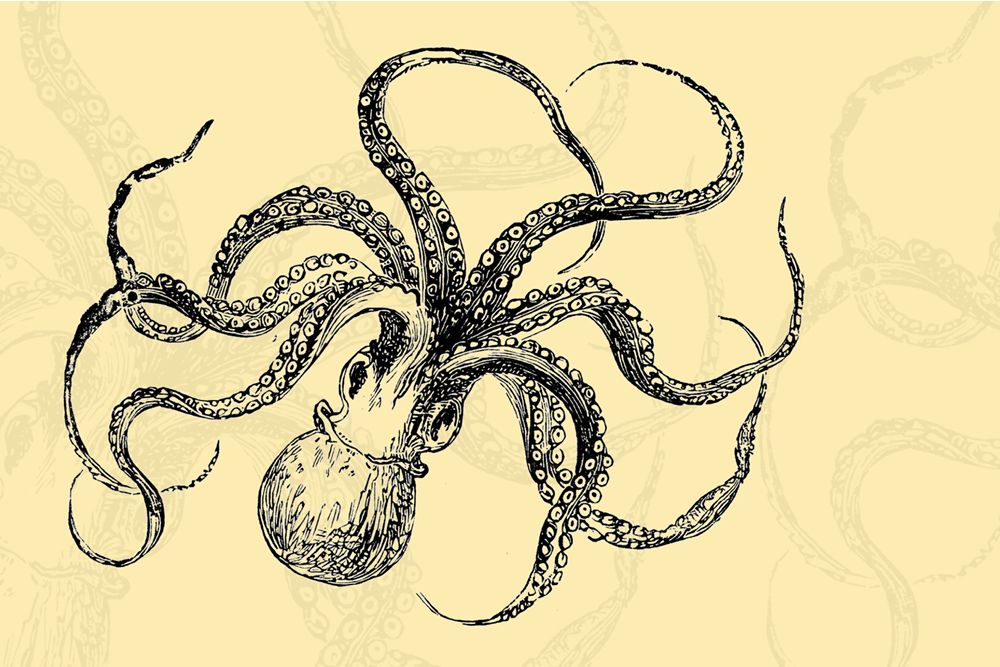Animal Minds
 ANIMAL MINDS/HNRC 4013H-001
ANIMAL MINDS/HNRC 4013H-001
MONDAYS, 3:30-5:45 p.m., FALL 2020
GEAR 129
Interested? Apply for Animal Minds here. Deadline: 11:59 p.m. Friday, April 3, 2020.
Philosophers and others have often thought that there is a great divide between human
beings and other animals, marked by mental or psychological characteristics that distinguish
“us humans” from even our closest animal relatives. Such features might include rationality,
language, tool use, culture and self-awareness or sense of self. This picture of a
gulf between humans and other animals is reinforced by perceived difficulties in obtaining
knowledge of animal minds – they cannot tell us what they think or feel. The idea
of a radical difference between humans and non-humans has been believed by some to
rationalize the use of animals for human purposes. For example, if animals are thought
not to be self-aware, their capacity to suffer, or at least the significance of their
suffering, might be called into question.
Such (until recently, widespread) skepticism about animal minds contradicts the experience
of animal trainers and others who work with animals on a daily basis. Moreover, their
“folk knowledge” of the animals with whom we live, often criticized as sentimental
or anthropomorphic, is supported by recent advances in the scientific study of animal
behavior. Researchers increasingly find – as Darwin and evolutionary theory would
suggest – that the basics of rational thought, communication, culture and self-consciousness
are present in non-human species. In other words, the differences between “us” and
“them” have been exaggerated. The breakdown of a stark divide might have consequences
for how we human beings treat our fellow creatures.
In this seminar, we shall explore some of these recent developments in our knowledge
of animal minds. Questions will include:
- What is consciousness? What is it for, how did it evolve, how widespread is it?
- What about self-consciousness or self-awareness?
- How much can we learn about what it is like to be a dog, a bat, an octopus?
- Can we experience the world from an animal’s point of view?
- What range of emotions do animals have?
- How did the unique connection between dogs and human beings come about? Do dogs truly love “their people”?
- What do we know about animal communication, and how is it best studied?
- Finally, how should our approach to these and related questions affect our attitudes toward the moral status of animals?
Readings will be from cognitive ethology, comparative psychology, philosophy and animal
training.
Course Credit:
- All students: 3 hours of honors credit
- Bumpers College: 3 hours of upper-level honors credit in animal sciences
- Fulbright College:
- Honors Natural Science or Social Science Colloquium
- Upper-level credit for philosophy and psychology majors
- Walton College: Honors Colloquium
About Edward Minar:
 Edward Minar is professor and chair in the Department of Philosophy. He has taught
at the University of Arkansas for over 20 years. He received A.B., A.M. and Ph.D.
degrees in philosophy from Harvard University. His work is in part inspired by the
great 20th-century philosopher Ludwig Wittgenstein, on whom he has written extensively.
He is particularly interested in epistemology or theory of knowledge, where he explores
responses to skeptical doubts about everyday and scientific knowledge of the world
around us; in philosophy of mind, where he focuses on the problem of other minds (how
we know or “get in touch with” the minds of other people and other animals); and philosophy
of language, where he is concerned with how language shapes our world-views.
Edward Minar is professor and chair in the Department of Philosophy. He has taught
at the University of Arkansas for over 20 years. He received A.B., A.M. and Ph.D.
degrees in philosophy from Harvard University. His work is in part inspired by the
great 20th-century philosopher Ludwig Wittgenstein, on whom he has written extensively.
He is particularly interested in epistemology or theory of knowledge, where he explores
responses to skeptical doubts about everyday and scientific knowledge of the world
around us; in philosophy of mind, where he focuses on the problem of other minds (how
we know or “get in touch with” the minds of other people and other animals); and philosophy
of language, where he is concerned with how language shapes our world-views.
Minar is the author of “What your dog can teach you about philosophy of mind” in Stephen
Hales, ed., What Philosophy Can Tell You about Your Dog, and is working on a book about animal minds. In this context, he is developing a
“critical anthropomorphism” justifying the use of psychological language traditionally
limited to human beings to understand animal behavior in both scientific and other
contexts. He has been working with dogs – competing in agility and obedience, and teaching obedience classes (in
which dogs and their humans learn to communicate with each other) – for over 20 years.
He lives with three very intelligent and self-aware Australian Shepherds.